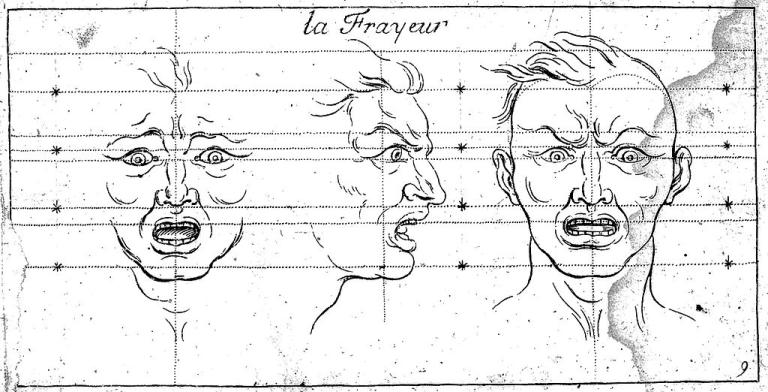Americans are not just unhappy or angry or polarized. Americans are afraid.
More than we did just recently, we now fear crime, economic catastrophe, and even nuclear war, to name just a few of our fears. Politically, this “fear index” spells big trouble for Democrats in public office.
So says Clinton pollster Mark Penn in an essay originally published in the New York Times entitled American Voters Haven’t Been Afraid Like This in a Long Time.
In a rare convergence, America’s voters are not merely unhappy with their political leadership, but awash in fears about economic security, border security, international security and even physical security. . . .
Economic blows are just one element in a cascading set of problems all hitting at the same time. It combines the nuclear anxieties of the 1950s and ’60s with the inflation threat of the ’70s, the crime wave of the ’80s and ’90s and the tensions over illegal immigration in the 2000s and beyond. This electorate is not experiencing a malaise, as President Jimmy Carter was once apocryphally said to have proclaimed, but has instead formed into a deep national fissure ready to blow like a geyser in the next election if leadership does not move to relieve the pressure.
The return of fear about crime is especially worrisome for Democrats, who spent years trying to take over Republican ground on the issue. . . .
National security had become less salient for most Americans compared to the years of the Cold War and after 9/11. Foreign policy was barely discussed in the limited presidential debates of 2020. Today, fear of a great power conflict and nuclear weapons has emerged in ways not seen since the Cold War. . . .
People are afraid of being walloped financially, being injured or menaced by criminals, being in a country without strong borders or Covid protections for immigrants, and being under threat of nuclear weapons.
Penn’s concern–and that of the New York Times–is that unless the Democratic Party finds a way to address these fears, the party will be swept out of power. “Without a U-turn by the Biden administration,” he says, “this fear will generate a wave election like those in 1994 and 2010, setting off a chain reaction that could flip the House and the Senate to Republican control in November, and ultimately the presidency in 2024.”
I would argue that the fears of Americans go beyond what he says. For example, Americans are afraid for their children. Parents fear that the schools will corrupt their children and turn their children against them. Americans fear that the nation they have known and loved–with its liberties, heritage, and institutions–is being changed, to the point of becoming unrecognizable. (What else, in your experience, do Americans fear?)
Progressives too are motivated by fear. Many of them fear Christians. They actually believe that Christians are on the verge of seizing power and establishing a theocratic dystopia on the order of The Handmaid’s Tale. Many progressives fear that conservatives are bent on destroying American democracy (just as many conservatives fear that progressives are bent on doing the same thing). And they are terrified of losing the ability to get abortions.
The biggest example of the impact of fear on public policy is the handling of the COVID epidemic. Americans and much of the rest of the world were so afraid of getting sick and dying, that they imposed extraordinary limitations on themselves and accepted extraordinary restrictions by their government. We feared going to work, going to church, going to restaurants, going to sporting events, and going shopping. We were afraid of standing too close to another human being and showing each other our faces.
Some of our fears are responses to actual dangers. Others are exaggerated. Others are irrational.
What is the solution? If Democrats are swept out of power, can Republicans soothe the national fears, or will they just be the next target of national anxiety? Re-electing Trump would probably not lower the fear index, since much of the population is deathly afraid of him.
In 1932, Franklin Delano Roosevelt famously said, in a far worse economic climate, “the only thing we have to fear is fear itself.” But fear is indeed something to be afraid of.
America needs to bolster its former reputation as both “the land of the free” and “the home of the brave.”
Illustration: “Fear” from Charles Le Brun, Characters des Passions (ca.1720), CC BY 4.0 <https://creativecommons.org/licenses/by/4.0>, via Wikimedia Commons














